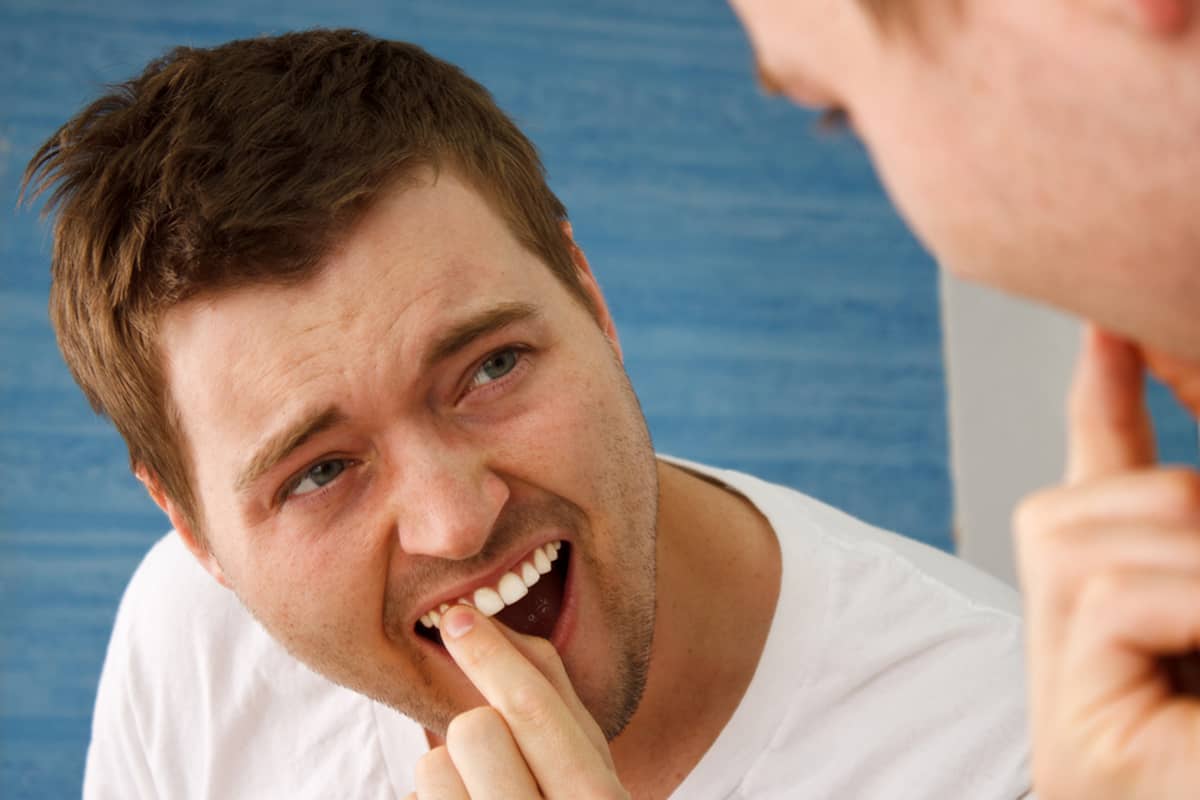A Wobbly Worry: What to Do About a Loose Front Tooth
A loose front tooth can be a disconcerting experience, causing both aesthetic concerns and functional worries. Whether you bumped your tooth during a playful activity or noticed a gradual loosening, understanding the cause and taking prompt action is crucial. This comprehensive guide explores the reasons why a front tooth might become loose, outlines treatment options, and offers tips for maintaining a healthy smile.
Unveiling the Root Cause: Why Your Front Tooth Might Be Loose
Several factors can contribute to a loose front tooth:
- Trauma: A blow to the face or mouth, even if the tooth doesn’t appear chipped or broken, can loosen the tooth from its socket. The impact can damage the supporting tissues, like the ligament and bone, that hold the tooth in place.
- Gum Disease: Also known as periodontal disease, gum disease is a bacterial infection that affects the gum tissues and bone surrounding the teeth. In advanced stages, gum disease can weaken the bone support around the teeth, leading to loose teeth.
- Habitual Chewing: Habitually chewing on hard objects like ice, pens, or fingernails can put excessive stress on the teeth and loosen them over time.
- Bruxism (Teeth Grinding): Involuntary teeth grinding or clenching during sleep (bruxism) can place excessive force on the teeth, potentially leading to loosening.
- Age-Related Changes: While less common for front teeth, bone loss due to age can sometimes contribute to loose teeth.
Seeking Solutions: Treatment Options for a Loose Tooth
Ignoring a loose front tooth is not recommended. Here’s what to do:
-
See Your Dentist Immediately: Schedule an appointment with your dentist as soon as possible to determine the cause of the loose tooth and discuss treatment options. Early intervention is crucial for improving the chances of saving the tooth.
-
Treatment Options: The treatment for a loose tooth depends on the severity of the loosening and the underlying cause. Here are some possibilities:
- Splinting: If the tooth is slightly loose, your dentist might splint it to a neighboring tooth for stabilization. This allows the supporting tissues to heal and reattach the tooth to the bone.
- Periodontal Treatment: If gum disease is the culprit, your dentist will recommend deep cleaning (scaling and root planing) to remove bacteria and inflammation from the gum pockets. In some cases, additional periodontal procedures might be necessary.
- Root Canal Therapy: If the loosening is accompanied by pain or infection within the tooth, a root canal might be necessary to remove the infected pulp and preserve the tooth.
- Tooth Extraction: In severe cases where the tooth is severely loose or cannot be saved, extraction might be the only option. Your dentist will discuss tooth replacement options like implants or bridges in such cases.
Preventing the Wobble: Maintaining a Healthy Smile
Here are some essential steps to prevent a loose tooth and maintain a healthy smile:
- Maintain Good Oral Hygiene: Brushing your teeth twice daily with fluoride toothpaste and flossing daily removes plaque and bacteria that contribute to gum disease.
- Schedule Regular Dental Checkups and Cleanings: Regular dental checkups and cleanings allow your dentist to identify and address any potential problems early on, including gum disease, before they lead to loose teeth.
- Wear a Mouthguard During Sports: If you participate in contact sports, wear a properly fitted mouthguard to protect your teeth from trauma.
- Avoid Chewing on Hard Objects: Refrain from chewing on hard objects like ice, pens, or fingernails, as this can put unnecessary stress on your teeth.
- Manage Stress: Chronic stress can contribute to teeth grinding. Explore stress management techniques like yoga or meditation to reduce bruxism.
Frequently Asked Questions (FAQ)
Q: Can a loose front tooth tighten back up on its own?
- A: In some mild cases caused by minor trauma, the tooth might re-attach on its own. However, it’s crucial to see your dentist for proper evaluation and treatment to improve the chances of saving the tooth and prevent further complications.
Q: What should I do if I knock my front tooth out completely?
- A: If you completely knock out your front tooth, act quickly! Locate the tooth and try to gently rinse it with milk or water (avoid scrubbing the root). See your dentist immediately, ideally within 60 minutes, to increase the chances of successfully reimplanting the tooth.
Q: What are the risks of ignoring a loose tooth?
- A: Ignoring a loose tooth can lead to various complications, including complete tooth loss, bone damage, and infection. Early intervention is crucial for a successful outcome.

